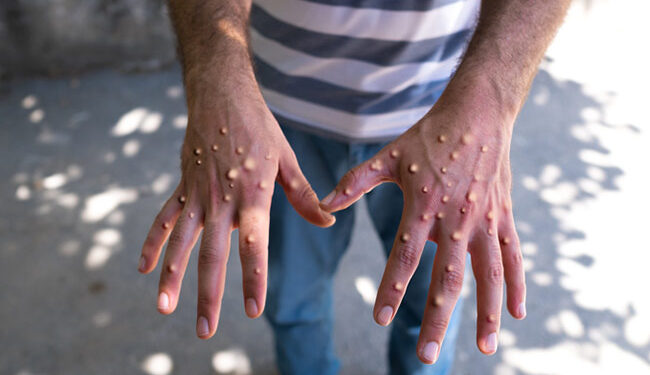Although monkeypox sounds like something from a science fiction film, it’s a real illness that has recently been in the news. Even though monkeypox is less common than other viral illnesses, it’s still important to understand what it is, how it spreads, and how to protect yourself.
What Is The Monkey Pox Exactly?
A rare viral illness called monkeypox resembles smallpox but is far less serious. Although it was initially identified in monkeys in the 1950s—hence the name—rats and squirrels are actually the more common hosts. Though there have been isolated cases reported in the US and Europe, the disease primarily affects isolated regions of Central and West Africa.
How Does It Disseminate?
There are several ways that monkeypox spreads. The most typical way is through biting or coming into contact with bodily fluids or blood from infected animals. But it can also pass from person to person through contaminated objects, intimate physical contact, or respiratory droplets.
What Signs Are Present?
The signs of monkeypox, which include fever, headache, sore muscles, and exhaustion, are comparable to those of the flu. The rash, which often begins on the face before moving to other areas of the body, is what distinguishes it, though. The rash develops into blisters filled with fluid that finally crust over and peel off. While most patients recover in a few weeks, there are times when the illness can be more serious, particularly in young children and those with compromised immune systems.
How Are You Able to Guard Yourself?
Fortunately, outbreaks of monkeypox are typically localized and containable due to the disease’s low contagiousness. However, if you’re in an area where the disease is present, you still need to take precautions. Steer clear of wild animals, wash your hands frequently, and keep your distance from sick people. It’s a good idea to visit a doctor straight away if you suspect you may have contracted monkeypox.
Even though monkeypox is uncommon, it serves as a reminder for us to always be aware of the various illnesses that can strike and how to protect ourselves. Remain vigilant, remain secure, and carry on with your best life.























































